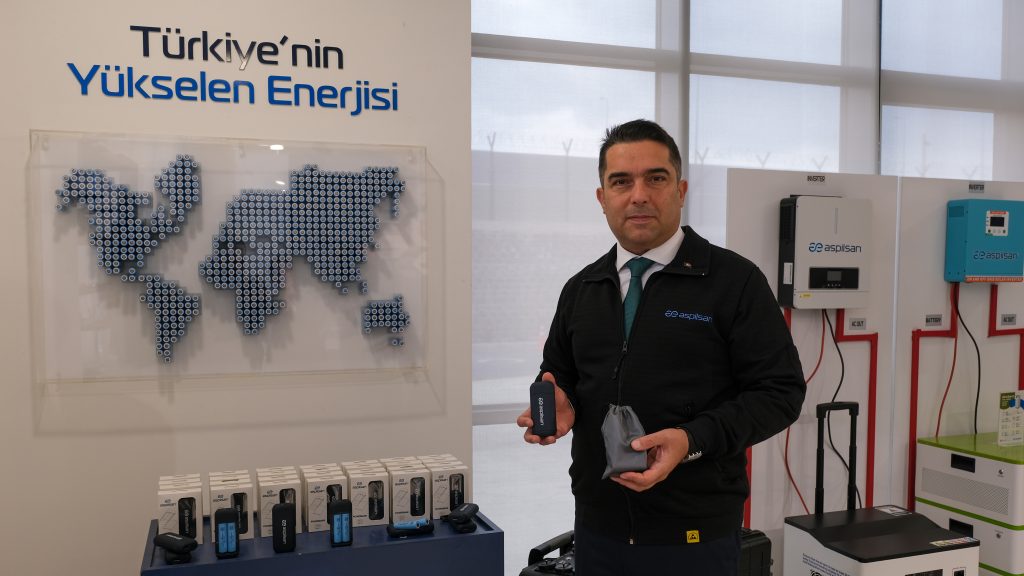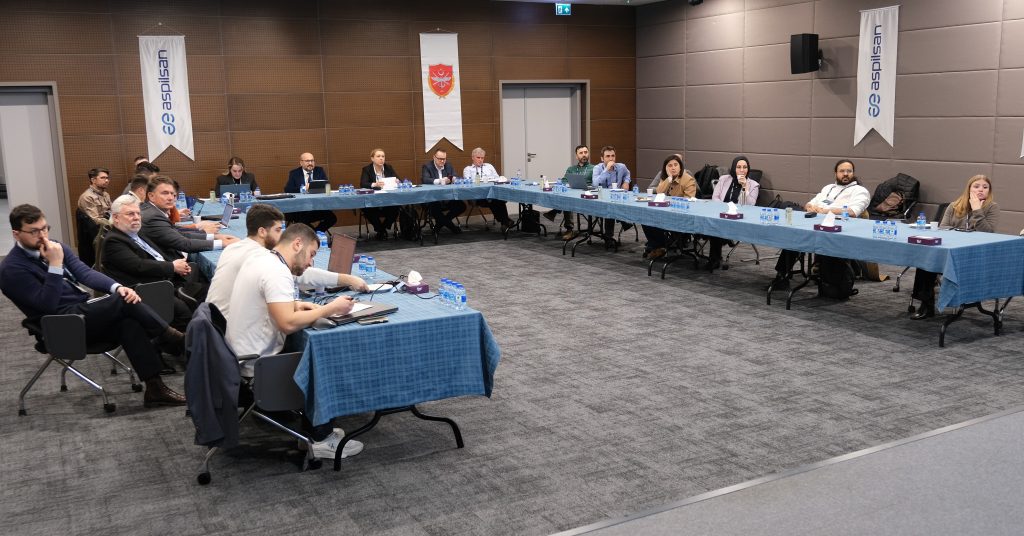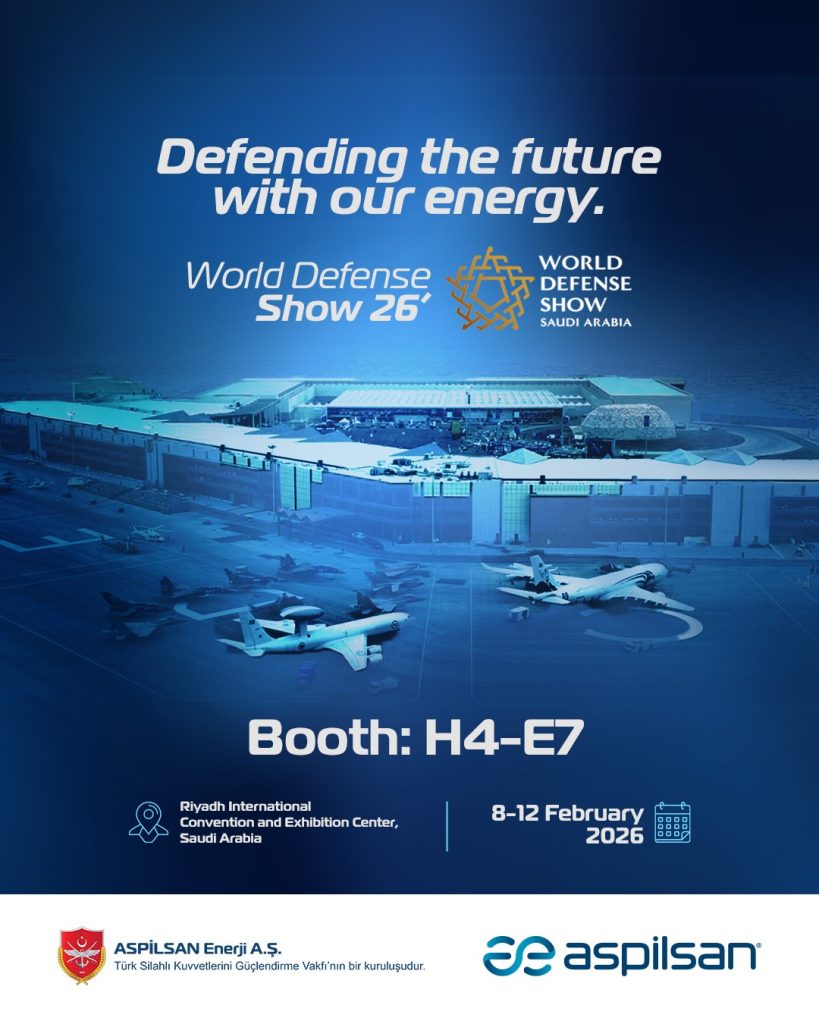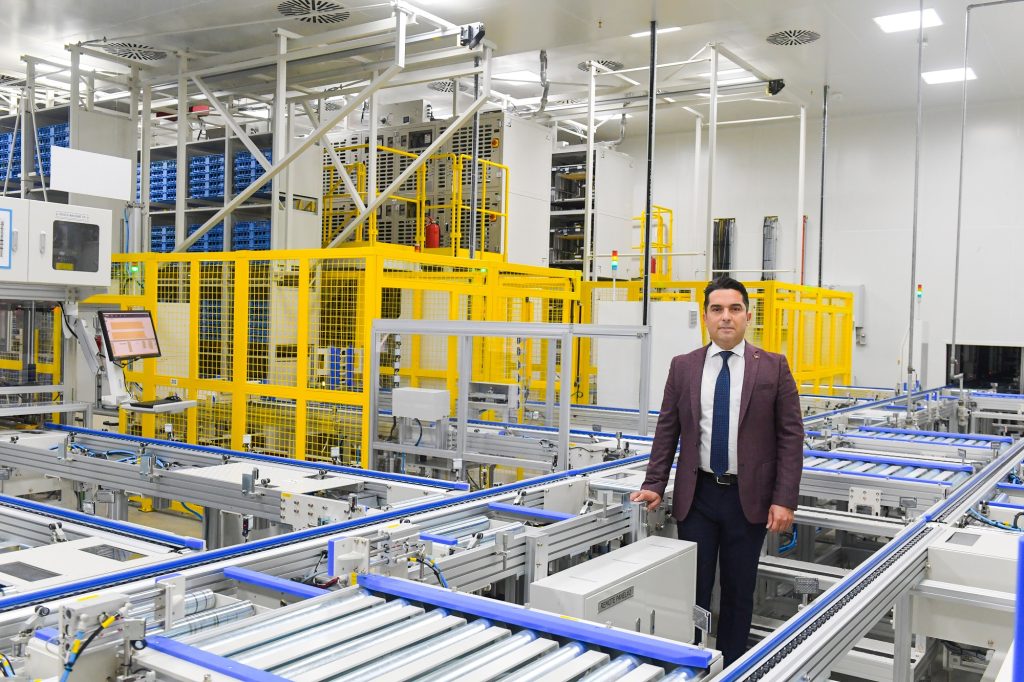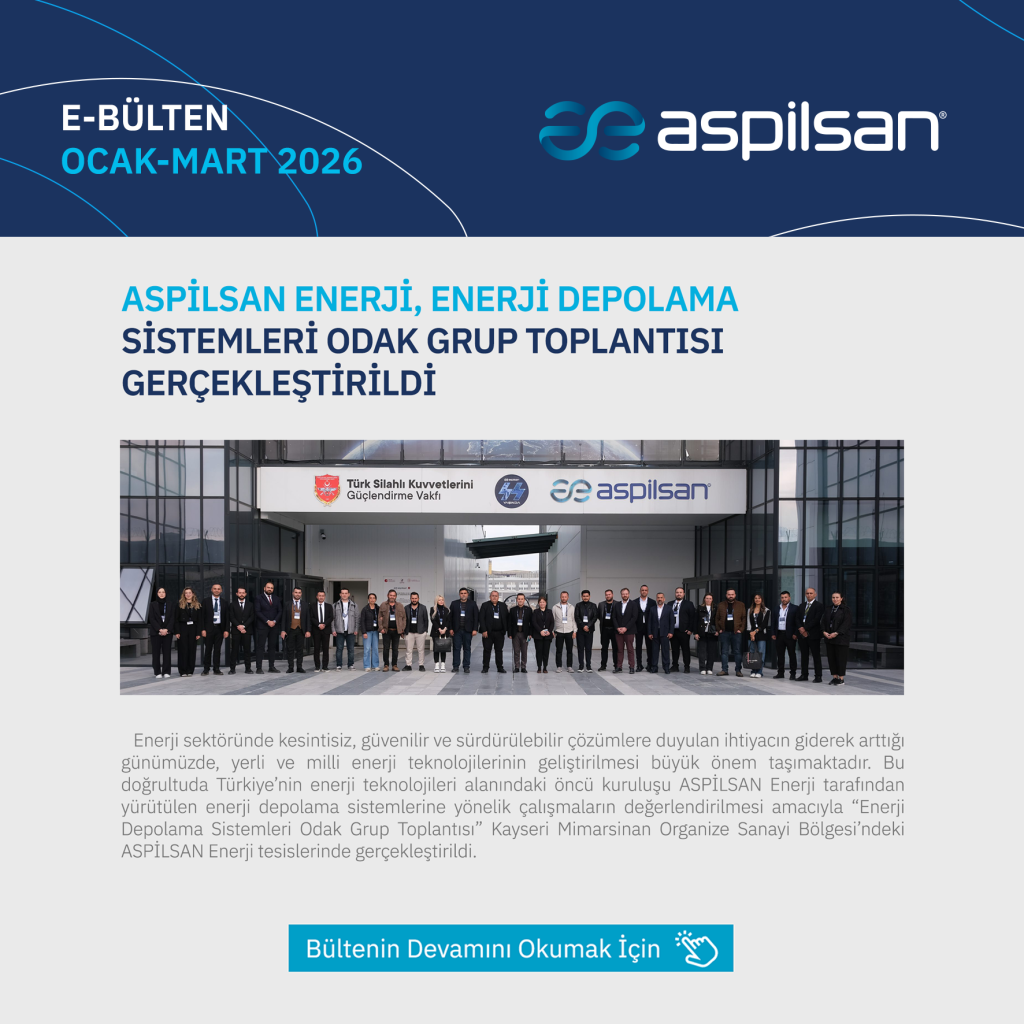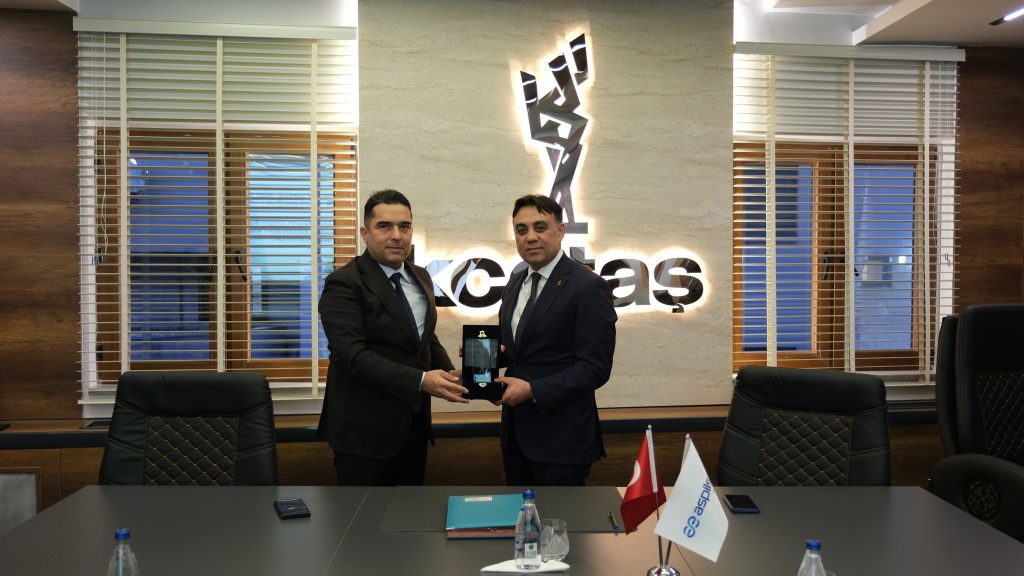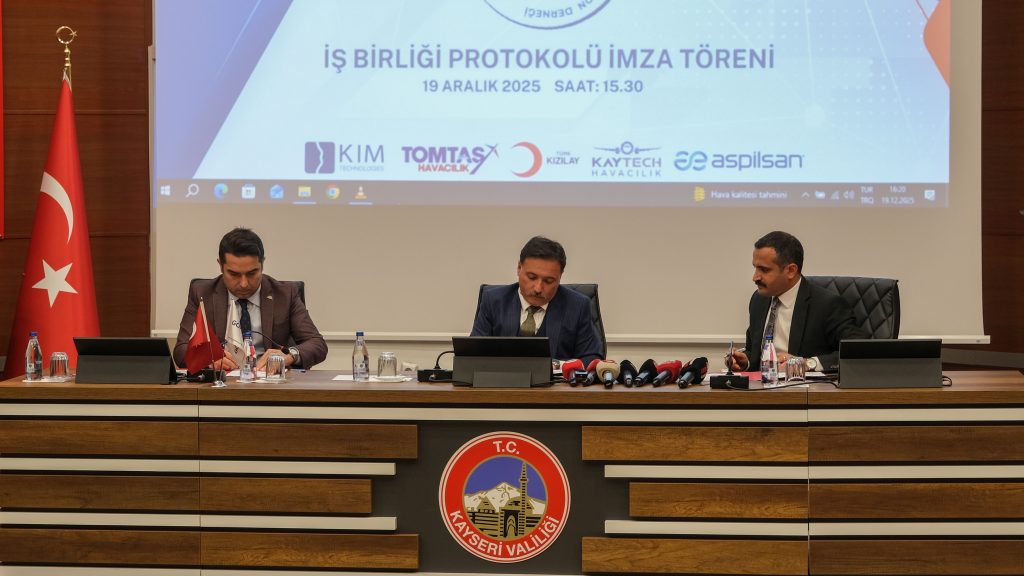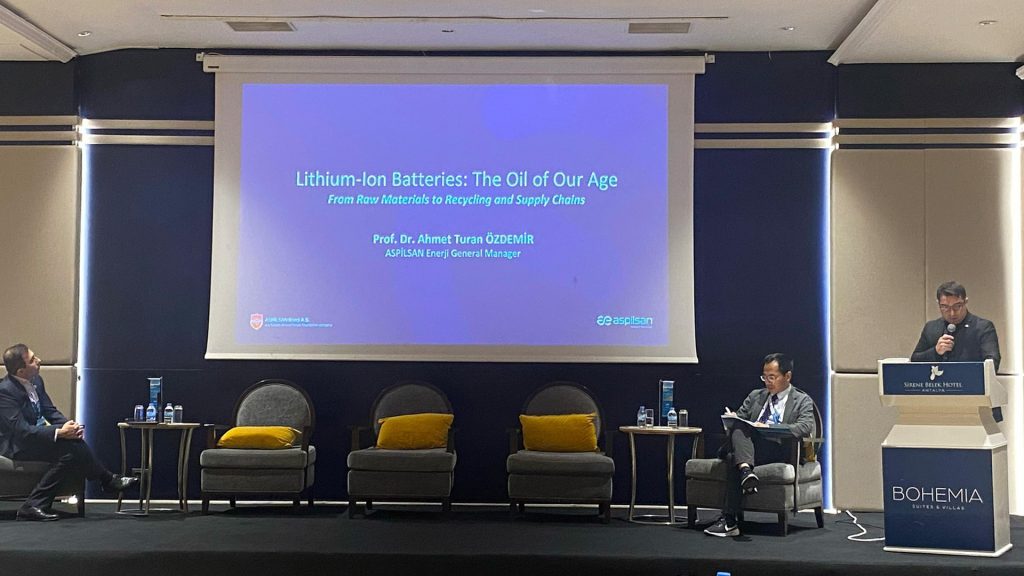Producing batteries and accumulators specific to devices used in military units, ASPİLSAN Enerji strengthens the power of the Turkish Armed Forces while also achieving successful results in the civilian sector by supplying batteries for more than 300 devices. The portable power supply recently manufactured at the facility, equipped with a lithium battery, will help prevent fires caused by power banks—particularly those occurring in aircraft cabins.
Its most important feature is that the batteries are removable
ASPİLSAN Enerji General Manager Prof. Ahmet Turan Özdemir said: “In our factory, we believe it is necessary to inform the public about the new transportation rules of airline companies operating passenger services in Türkiye, following the safety bulletin published by the Directorate General of Civil Aviation on 17 June 2025 to raise awareness among passengers and crew members about risks related to lithium batteries. In this regard, I would like to inform users about the portable battery we have produced. Worldwide, many accidents have occurred concerning the use of batteries during flights. The first of these was the ignition of lithium batteries transported on an aircraft in Dubai. In 2016, due to a phone battery catching fire in the cabin, that model was banned on all flights. Between 2019 and 2023, numerous cabin fires related to portable batteries occurred in China, the United States, and Europe. Aviation authorities have introduced several regulations regarding the transport of batteries. The most important of these is that batteries must be removable. Some of the so-called smart suitcases have integrated batteries. By making them removable, some flexibility has been provided for placing them in the cabin. However, this flexibility applies only to cabin baggage; they must not be placed in the lower cargo compartments. The reason for this is the self-consumption inside the batteries.”
Özdemir continued: “The battery management circuits inside batteries consume energy on their own. Due to poor-quality cells or circuit components, risks such as overheating and fire may occur. To prevent negative consequences from such fires, certain capacity limits have been imposed. Portable power banks under 100 watt-hours may be carried in cabin baggage; however, charging them inside the cabin is not permitted. Considering all these rules helps us better understand the logic behind them. The electronic circuits inside batteries consume power, but the battery developed by ASPİLSAN Enerji contains two cells. Its portability capacity is limited and remains below the 100 watt-hour threshold—specifically under 20 watt-hours. This product, together with its carrying case, contains ten cells, each with a capacity of 10 watt-hours. Since these batteries can be disconnected from the circuitry, they do not create any self-charging risk. With permission, they can be carried in the cabin. Additionally, the 16-cell charging device may also be transported with permission. Those who need higher-capacity storage can bring this battery into the cabin in a pouch and use it as long as no issues arise during the flight. Instead of discarding the product when it is no longer functional, only the cells can be replaced and used with the original charger, making it environmentally friendly. With flight-compatible, reliable, and long-lasting ASPİLSAN Enerji power sources, you can enjoy a safe flight. This product will make travel easier for frequent flyers and contribute to safe flight operations for airlines. It is a source of pride for us to offer such a service with a domestic and national solution.”

